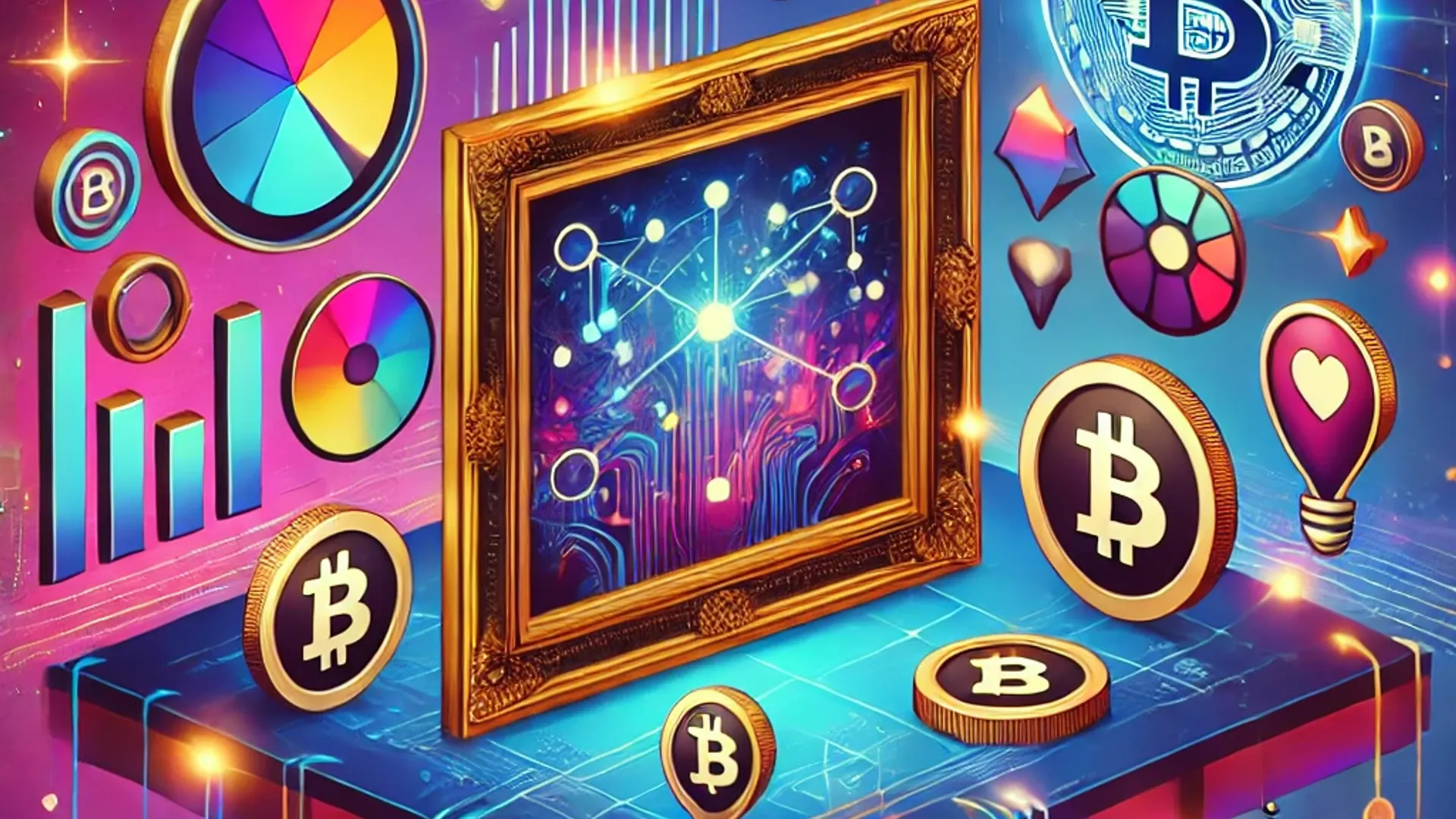What Are NFTs? Unlocking the Value of Digital Ownership
Exploring the revolutionary impact of Non-Fungible Tokens on creators, collectors, and digital markets.

Non-Fungible Tokens (NFTs) have emerged as a groundbreaking innovation in the digital realm, offering unique opportunities for creators and collectors alike. Unlike cryptocurrencies such as Bitcoin or Ethereum, which are fungible and can be exchanged on a one-to-one basis, NFTs are unique digital assets that represent ownership of a specific item or piece of content. This uniqueness is achieved through blockchain technology, which ensures the authenticity and provenance of each token. (investopedia.com)
Understanding NFTs
At their core, NFTs are digital certificates of ownership for assets that can range from digital art and music to virtual real estate and in-game items. Each NFT is stored on a blockchain, typically Ethereum, providing a transparent and immutable record of ownership. This decentralized ledger ensures that the ownership history of an NFT is publicly verifiable and cannot be altered, thereby establishing trust and security in digital transactions. (ethereum.org)
Benefits of NFTs
-
Empowering Creators: NFTs enable artists and content creators to monetize their work directly without intermediaries. By tokenizing their creations, artists can sell them to a global audience, retaining a more significant portion of the profits. Additionally, smart contracts can be programmed to provide creators with royalties from secondary sales, ensuring ongoing revenue as their work appreciates in value. (101blockchains.com)
-
Verifiable Ownership and Authenticity: The blockchain's immutable nature ensures that each NFT is unique and cannot be duplicated. This feature is particularly valuable in verifying the authenticity of digital art and collectibles, providing buyers with confidence in the legitimacy of their purchases. (blockchain.com)
-
Market Efficiency: NFTs streamline the buying and selling process by eliminating the need for intermediaries. This efficiency reduces transaction costs and allows for faster transfers of ownership, benefiting both buyers and sellers. (investopedia.com)
-
New Revenue Streams: Beyond art and collectibles, NFTs have applications in various industries, including gaming, music, and real estate. For instance, in gaming, players can own in-game assets as NFTs, which they can trade or sell, creating new economic opportunities within virtual environments. (decrypt.co)
Conclusion
NFTs represent a significant advancement in how we perceive and transact digital assets. By leveraging blockchain technology, they offer a secure and transparent method for verifying ownership and authenticity, empowering creators and providing new avenues for monetization. As the digital landscape continues to evolve, NFTs are poised to play a pivotal role in shaping the future of digital ownership and commerce.